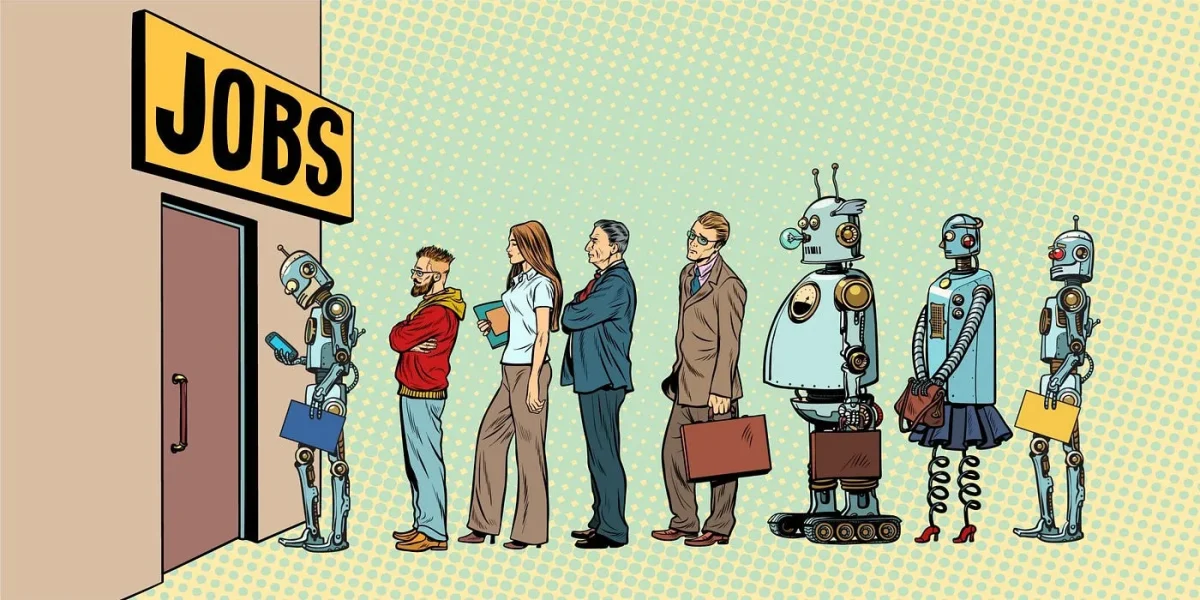In recent years, the rise of artificial intelligence has sparked both excitement and fear for its potential to change the workplace. While some fear a future where AI takes jobs away from hardworking people, others foresee a rapid increase in overall productivity. AI in the manufacturing and logistics industry will offer the opportunity to increase efficiency, growth and improve quality.
AI is undoubtedly being transformed into a technologically advanced industry similar to the jump that took place with the creation of the internet in 1983. Artificial intelligence is the use of computer technology to perform tasks that are capable of matching the complexity of human decision making and logic. Over the past year, there have been dozens of articles written from top news companies about the possibility of artificial intelligence taking over the workplace, yet none have found concrete evidence. One New York Times article claimed that, “To maximize profit, the owners of A.I. will want to put it to work doing things it’s a million times as good at as people, and not bother with jobs for which it’s only twice as good as people.” While AI has made remarkable strides in various fields, it falls short in surpassing humans in emotion. Human emotion creates action with depth, empathy and understanding that AI can not replicate. AI’s inability to factor in complex human feelings is what sets it back in terms of taking over jobs that all involve helping and working with other people.
Fortune 500 companies like Amazon, Google and Microsoft are investing heavily into AI and have already implemented software into day-to-day operations. Just recently, Amazon announced one of Indiana’s largest investments in history with the $11 billion data center being built in New Carlisle that will house cloud computing hardware. The massive increase in the growth of AI has rapidly increased the demand for hiring those who are skilled with computing technology. In an Instagram reel, CEO of Meta Mark Zuckerberg highlighted the opportunities that come with AI and said that his company is building, “an absolutely massive amount of infrastructure.” Due to the rapid increase in investments into AI, technology skills in the workplace have become more and more valuable of an asset.
Compared to just 10 years ago, jobs in manufacturing and logistics have completely shifted toward technology-based approaches that help make an employee’s workplace safer, more efficient and cost-friendly. According to the World Economic Forum, AI will eventually create 97 million new jobs by 2025. It is clear that, despite the Hollywood portrayal of AI as the end of humanity, it will ‘make or break’ the biggest companies in the world and completely change the current way businesses operate. In order to effectively introduce high-powered AI, computer scientists will need to remain ethical in creating software that can take over jobs and . Because 85 million jobs are expected to be overtaken by AI, it is important for computer scientists to build their programs with the possible effects of AI in mind because of the massive impact that AI holds on customers’ and employees’ data.
With the use of AI, businesses will revolutionize the world and help increase the standard of living. By embracing AI in manufacturing and logistics, companies can unlock the full potential of AI and ensure that employees have a place at the center of what will become the next tech-based industrial revolution.









